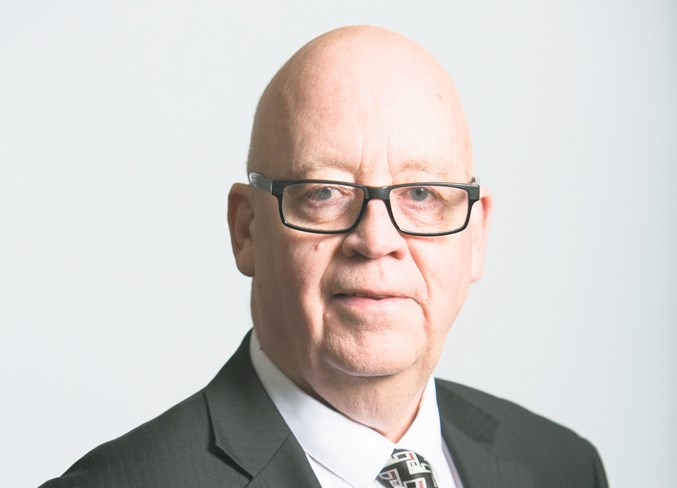In a world of 7.7 billion people, there is no silver bullet that offsets carbon emissions, the principal greenhouse gas generated from oilsands production.
Nor is there a scientifically workable way to achieve the objective of a zero carbon economy as the global population grows to 9.5 billion by the end of the century.
Natural carbon sinks – the largest are oceans, plants, soil and rocks – absorb and store carbon dioxide as part of natural processes. These processes create a carbon balance with human-made carbon dioxide.
This winter in Alberta, several journalists like radio host and columnist Danielle Smith and government officials such as F. Larry Martin, the former deputy minister to Saskatchewan premier Brad Wall, now retired in Alberta, say that the forest carbon sink makes Canada carbon-neutral because our boreal forests absorb more carbon than our energy economy emits.
Optimistic but not accurate.
Oceans, fresh waters and soil are also very large carbon sinks.
Trees absorb carbon dioxide and store it as part of the photosynthesis cycle.
Nature has a carbon balance and to understand the way carbon moves into and out of sequestration it is essential to understand limits of these sinks as regulators of the carbon balance.
Canada has one-third of the world’s boreal (northern) forest or taiga.
The Canadian boreal sink is far less effective as a carbon sink in years of extensive forest fires. Pine beetle infestations also reduce its effectiveness. New research in Scandinavia has found that in years of warm weather, boreal forests can be net emitters of carbon dioxide.
The soil sink is offset by the albedo effect of soils which creates natural warming. The albedo effect is the reflection of the sun off the surface of the earth. While surfaces like snow and ice improve the reflection and reduce heat absorption, dark surfaces -- common in summer when ice and snow are melted -- absorb and retain heat.
The carbon sink function of the ocean is less variable than that of soil or trees, but it’s a difficult political issue to determine the extent of Canada’s share of global sink.
Sinks are not an easy, simple offset to carbon emissions from oil, natural gas and oilsands production.
Oilsands defenders must use rigorous science to back up their arguments,
Oilsands science must be more complex and cautious than the bogus trash that oilsands critics peddle.
Frank Dabbs is a veteran business and political journalist and author.

